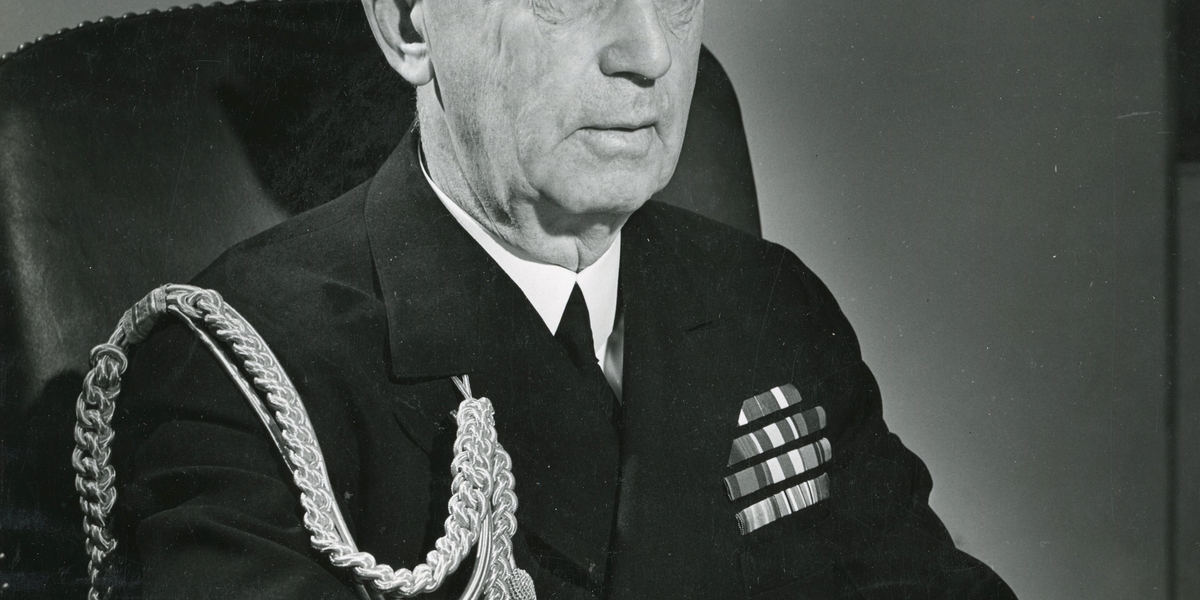Unkotare
Diamond Member
- Aug 16, 2011
- 129,819
- 24,908
I accept the word of the men who were there at the time

Hiroshima: Military Voices of Dissent | Origins
Almost six decades after the fact, the 1945 unleashing of an atomic bomb on Hiroshima continues to be the subject of impassioned debate. Every year the bombing anniversary — which falls on August 6 — occasions heated exchanges between those who question the atomic bombing and those who...

 but you’re the‘scholar’ who “really understands” things.
but you’re the‘scholar’ who “really understands” things. 